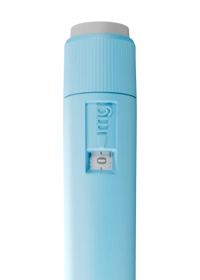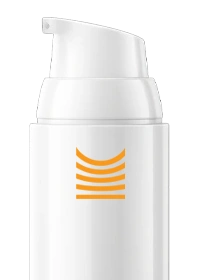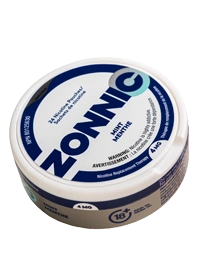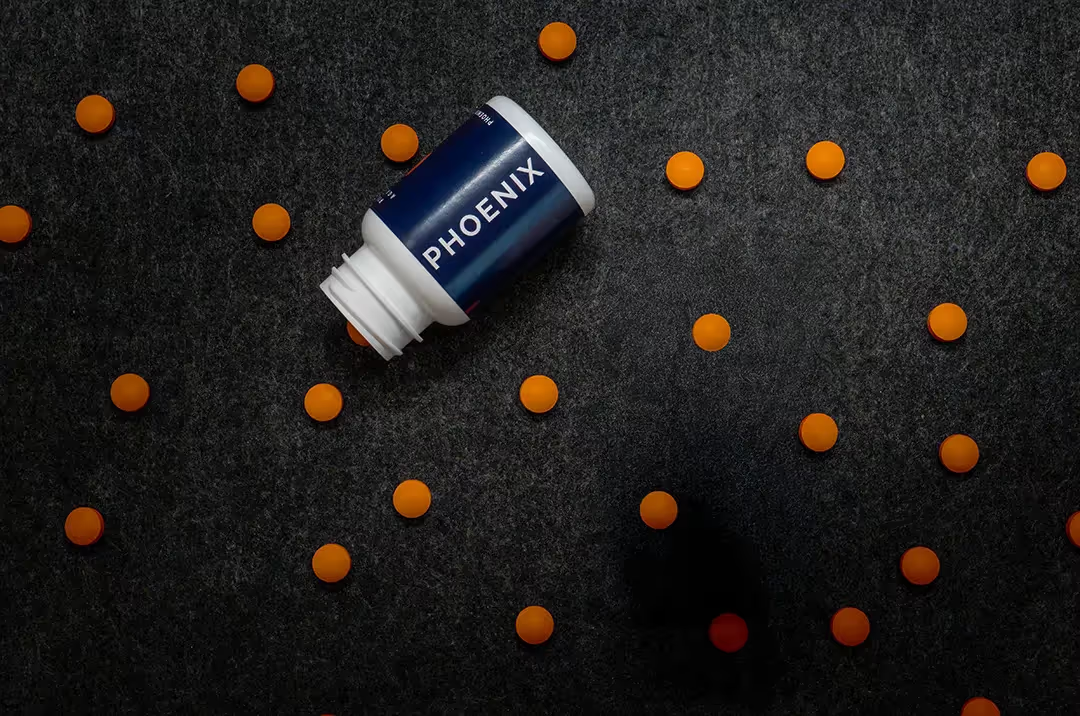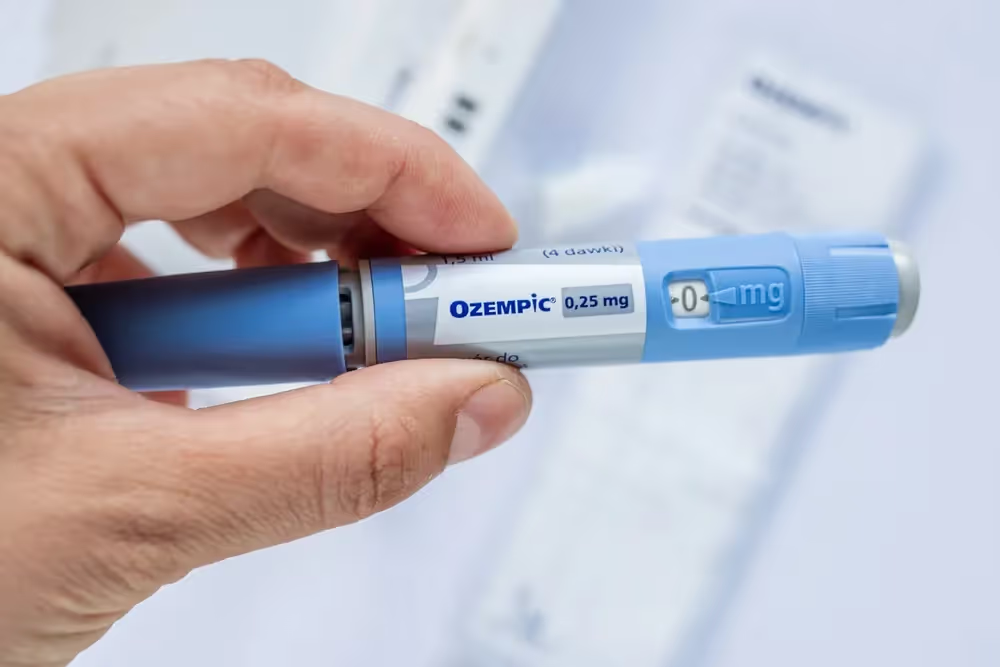
The Phoenix Post
The Phoenix Post
The Phoenix Post
The Phoenix Post
The Phoenix Post
The Phoenix Post
The Phoenix Post
The Phoenix Post
The Phoenix Post
The Phoenix Post
The Phoenix Post
The Phoenix Post
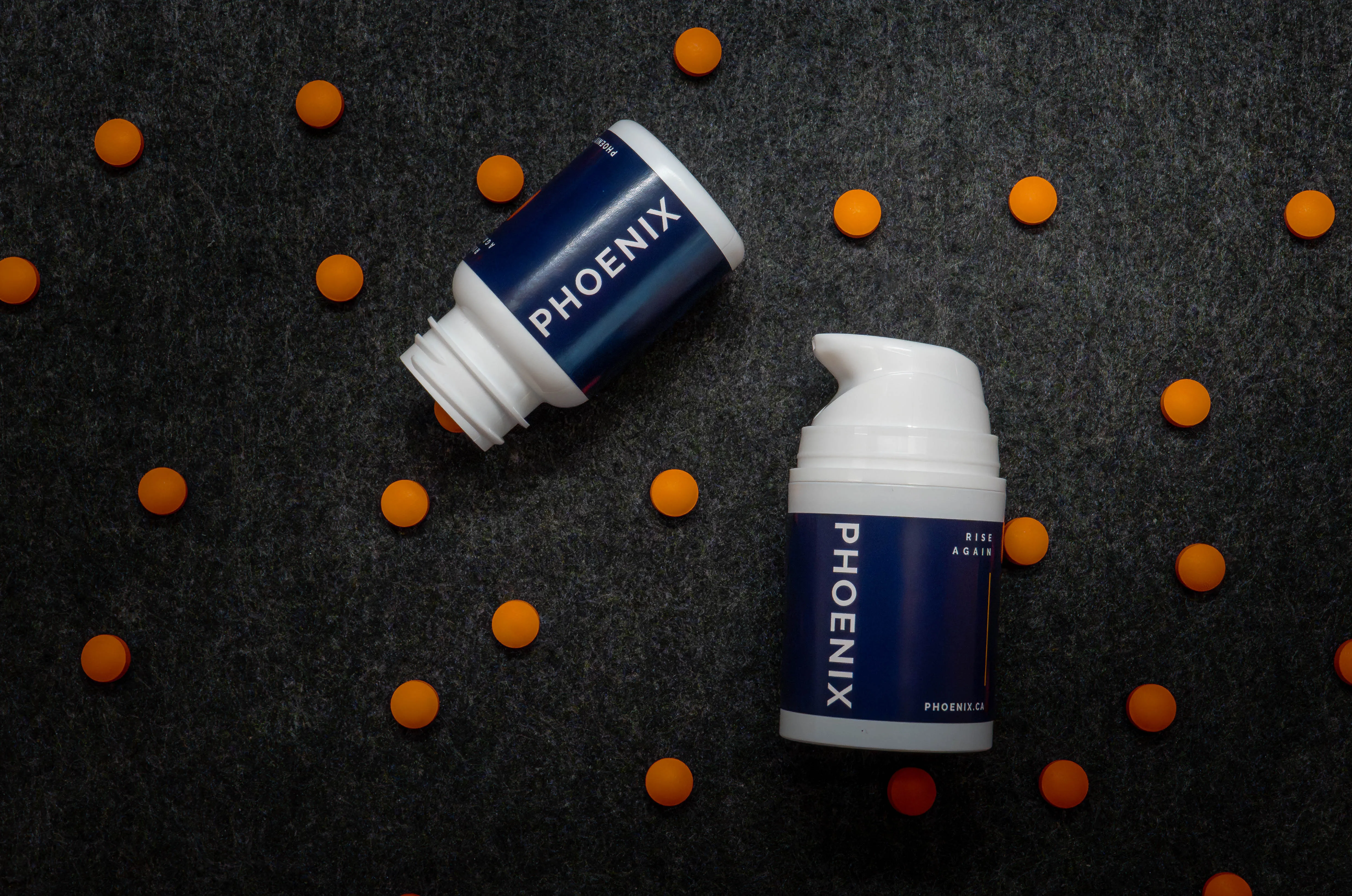
Hair loss
Real advice for better health, stronger living, and everything in between.

Hair loss
FEATURED ARTICLE
Finasteride vs. Minoxidil: Knowing the Difference
Hair loss
Compare finasteride vs minoxidil for hair loss. Learn how each works, side effects, effectiveness, and which treatment may be right for you.
All articles
Expert tips on men's health
Find expert answers to common questions about men’s health issues like erectile dysfunction, hair growth, weight loss, and more. Subscribe now to learn more.
Thank you! Your submission has been received!
Oops! Something went wrong while submitting the form.
© 2026 Phoenix Digital Health Inc. Privacy Policy • Terms of Use
Popular
Company
Phoenix is not a pharmacy or drug manufacturer.
Prescription products require an online consultation with a licensed healthcare practitioner who will determine if a prescription is appropriate.


visit our women's clinic.
© 2026 Phoenix Digital Health Inc.
Privacy Policy • Terms of Use


